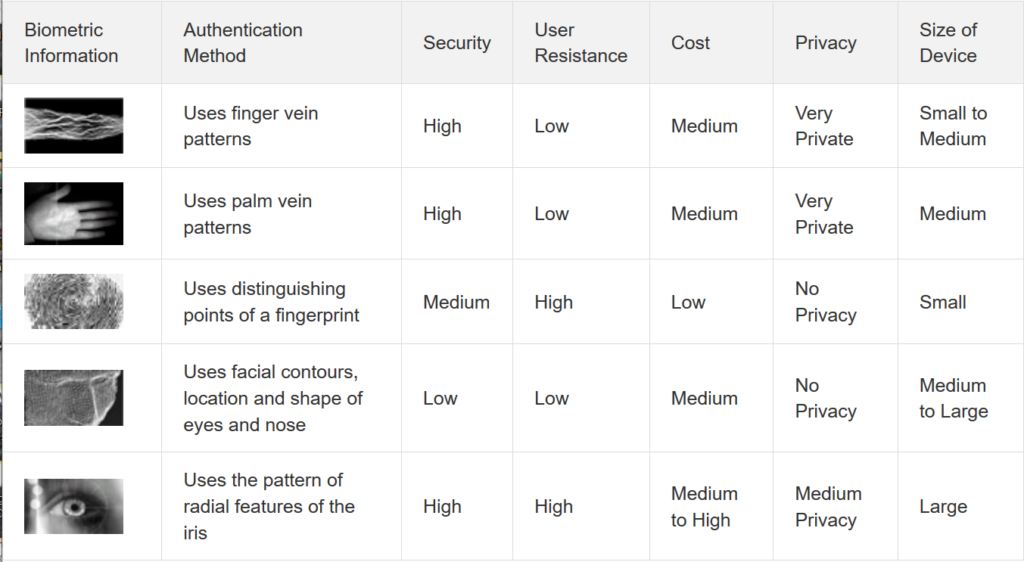Identity or key cards not needed: one wave of your hand and the VeinID system will authenticate your identity…
Thanks to cross-border digitalization efforts, a bank in Turkey is testing out two innovative biometric technologies from Asia to digitalize its operations.
Aktif Bank is a core group company of Calik Holding, a leading Turkish conglomerate with which Mitsubishi Corporation (MC) of Japan has established a strategic alliance. Leveraging its proprietary financial technologies, Aktif Bank is developing money transfer, payment, and digital platform businesses in Turkey, the latter of which cover contactless transportation cards, ticketing services at sports stadiums, and other applications. The bank’s extensive network comprises more than 10 million customers.
Partnering MC in the study will be Hitachi Europe. A non-corporate entity called HMC Digital will be established to perform the study. With the technology transfer, Aktif Bank will be in a feasibility study for:
- A computer software being developed Hitachi that enables users to have their identities authenticated simply by waving their hands in front of the cameras, without the need to wave smart devices, cards or other items with personal ID data. The software actually reads the biometric data from veins in the users’ fingers and verifies whether the data matches that any biometrics already stored in the system.
- A technology by Hitachi that employs an ‘error-correcting code’ technique to create a digital signature that uses biometric information as a private key. That is, an individual’s unique authentication data can be used for identification. Its successful application would eliminate the need for things like physical identity cards or passwords for authentication. This method will be more convenient, easier, less costly, and more accurate.
Furthermore, the system relies on one-way conversion, whereby the biometric information is converted into data that cannot be easily restored through public-key cryptography. As the original biometric information is not stored anywhere, the risk of it being leaked is minimized.

The joint study will take advantage of two of Hitachi’s proprietary technologies, the finger-vein authentication system (VeinID) and Public Biometric Infrastructure (PBI), a type of public-key infrastructure that uses biometric data as a private key.
Unlike fingerprint or facial recognition systems, this new system will identify people by way of their internal biological characteristics, thereby minimizing the risks of falsified identifications or aging-related mis-identifications. The study will be conducted over a period of approximately one year, during which VeinID will be installed in services and applications used by the trial-period customers, which will include various financial institutions, government bodies, and private enterprises throughout Turkey.
Once the business potential of this new service has been ascertained, the partners plan to build it into a platform capable of centralizing the management of personal information and verification of personal identities. The aims thereafter will be to connect the platform to a variety of applications and services, thereby providing businesses in Turkey with a safe and smoothly-functioning biometric authentication service that will provide economic benefits and societal benefits.
